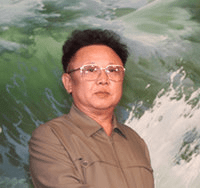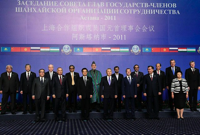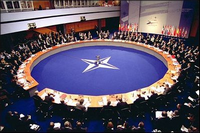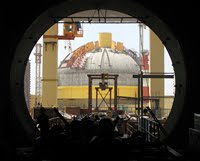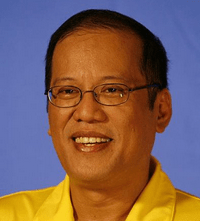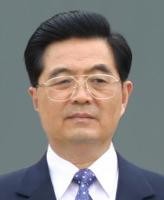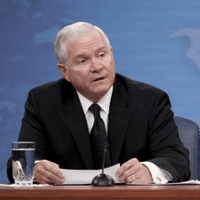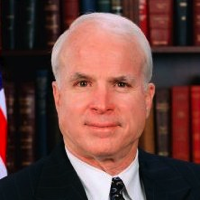
Sen. John McCain is worried about the direction of U.S. foreign policy, especially within his own party. Some Republican presidential contenders have questioned the nation-building mission in Afghanistan. Others point out that the undeclared war in Libya is neither necessary nor constitutional. “This is isolationism,” an aghast McCain declared on the ABC News program “This Week.” Isolationism? The term “isolationist” is little more than a slur. It essentially means someone who thinks the U.S. should engage in fewer foreign wars than the speaker does. The term emerged in the late-19th century, when it was made popular by the ardent militarist […]


